Foreign Minister Teodor Melescanu and his Hungarian counterpart Peter Szijjarto exclusively tackled, during their discussions at the beginning of the week, topics that were "known by the public" and within this context "no agreement" on energy was signed, the Foreign Affairs Ministry (MAE) informs in a release sent to Agerpres on Wednesday.
Melescanu had a meeting with his Hungarian counterpart Peter Szijjarto on Monday. "On this occasion no agreement was signed or any other document that refers to gas exports from Romania to Hungary or any new projects in the energy area," the quoted source reveals.
MAE mentions that "during talks only elements which the public already knew and the status of the ongoing projects were resumed, without any new elements, including the provision of bi-directional interconnection of the gas infrastructure in accordance with the Development Plan of the National Transmission System (SNT) of Natural Gas belonging to Transgaz company."
"According to this plan, ensuring interconnection will be made in conjunction with the development of BRUA project, whose partial funding is ensured from European funds. The development in time, in stages, of the interconnection capacities and the BRUA infrastructure are projects approved in EU-initiated formats and included on the list of the Projects of Common Interest receiving European funding through the Connecting Europe Facility (CEF) programme, MAE reveals.
The projects' development schedule "represents a funding condition and its non-compliance may attract its loss," MAE points out.
Furthermore, MAE reveals that the supply sources for the BRUA gas pipeline "can include gas of the Southern Corridor and, possibly, at a later stage, to the extent of the investments' confirmation, some of the gas that will be produced in the Black Sea."
"According to European regulations gas sources or infrastructures exclusively dedicated to a particular destination or a particular country are out of the question. The development of the interconnection of the SNT with networks of other European countries through bi-directional flow is an obligation under the European Regulation 1368/2017 on the security of natural gas supply and is in line with the objectives of the Energy Union," MAE mentions.

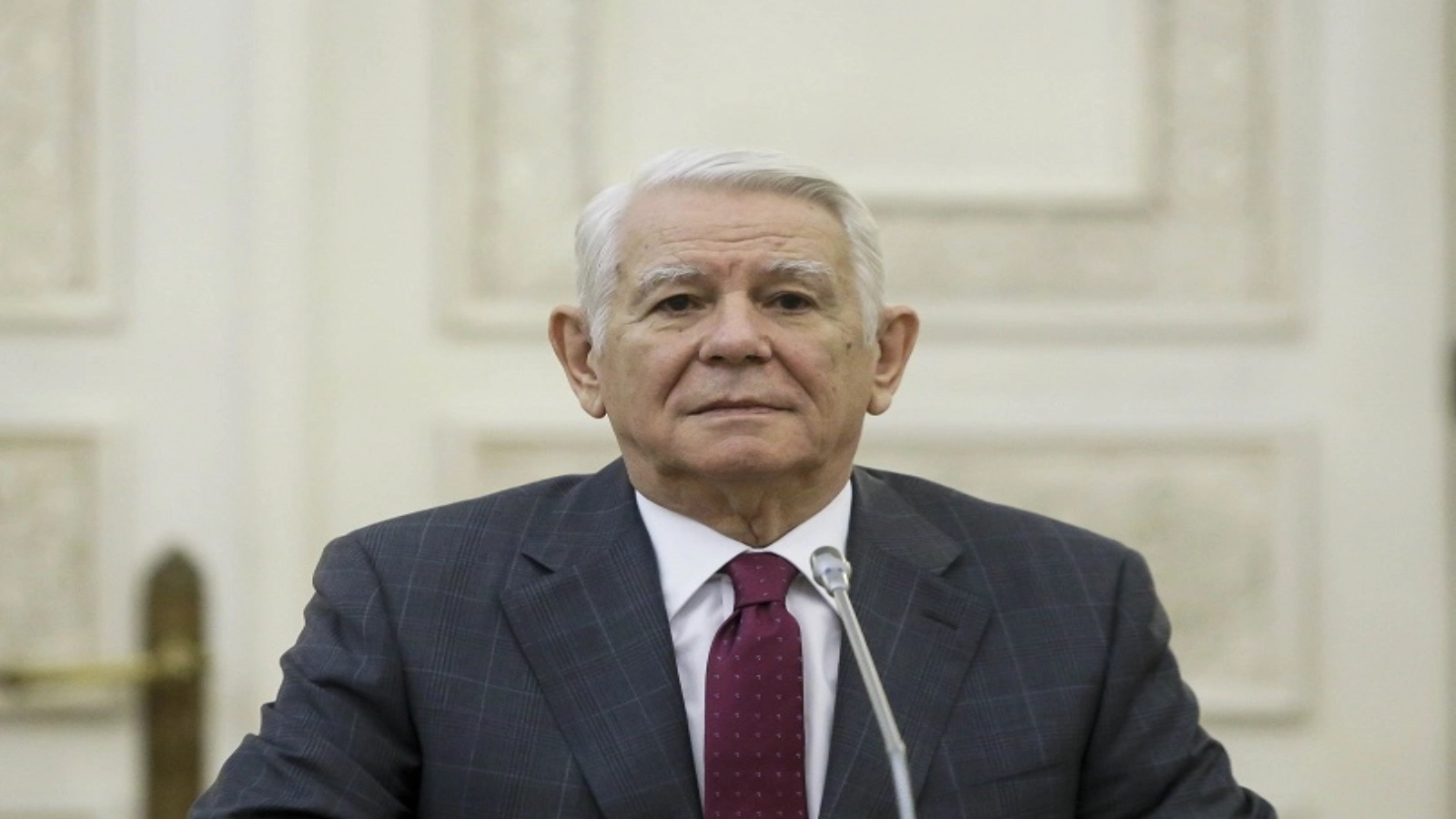
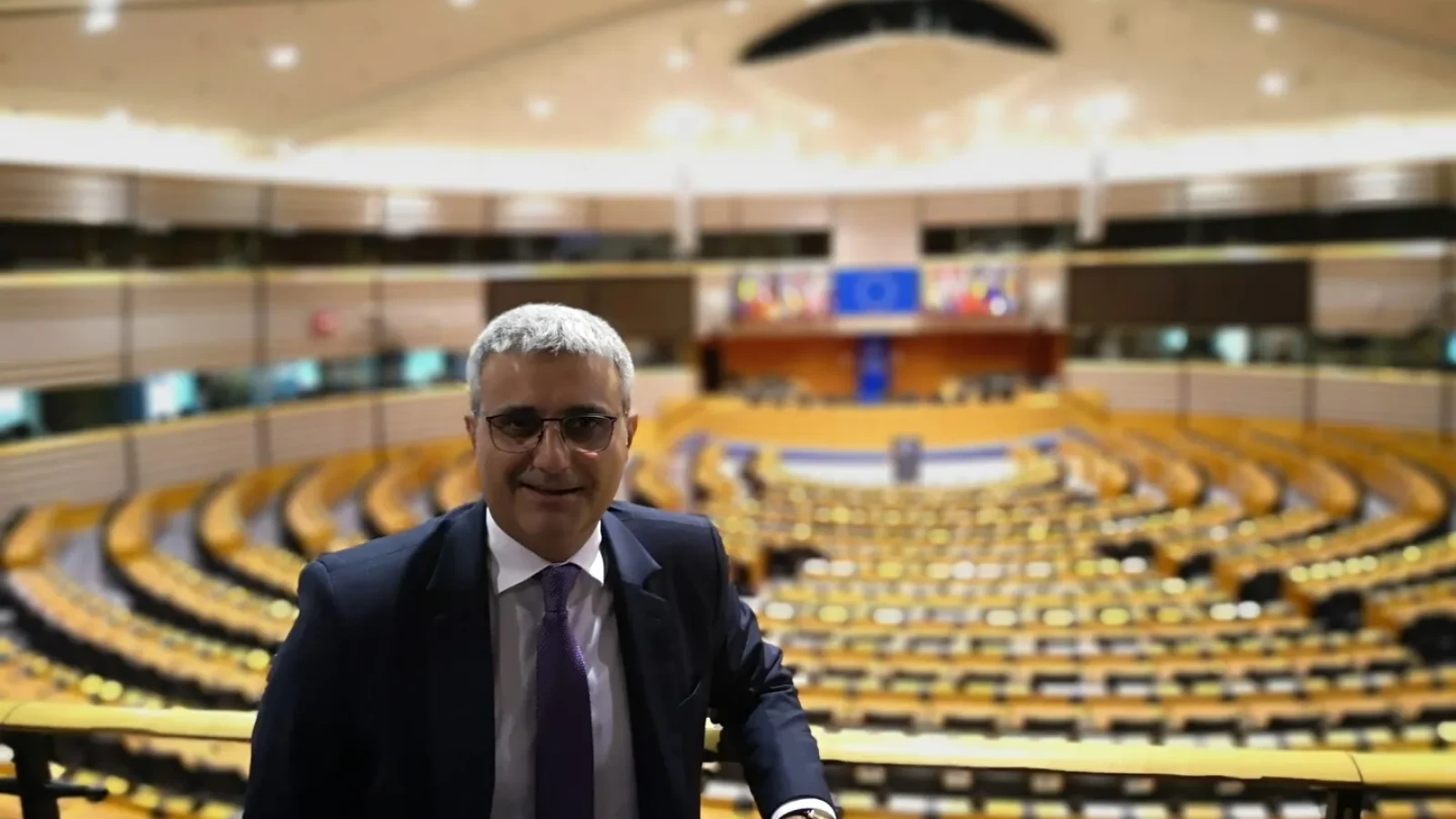


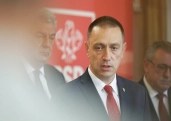














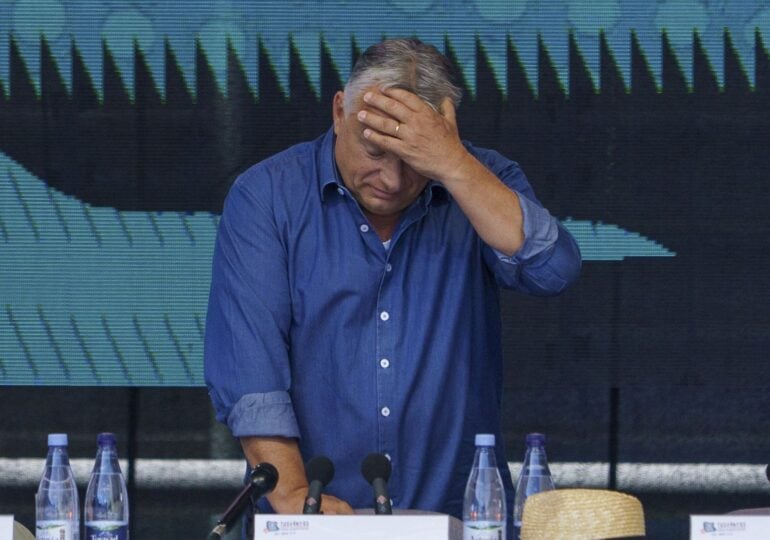


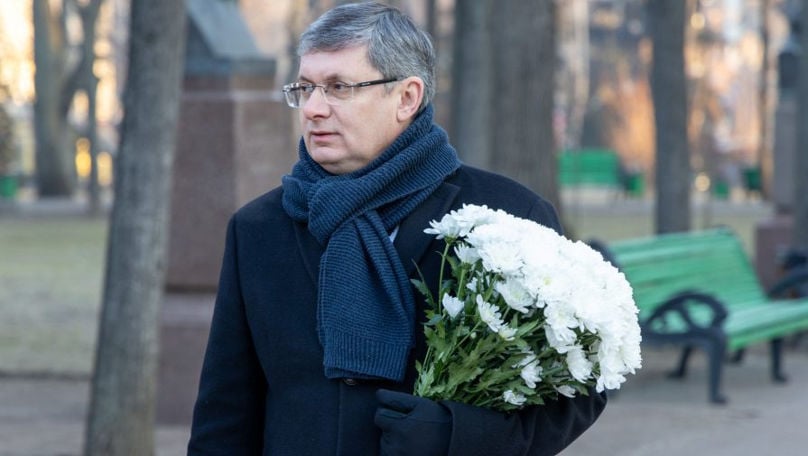








Comentează